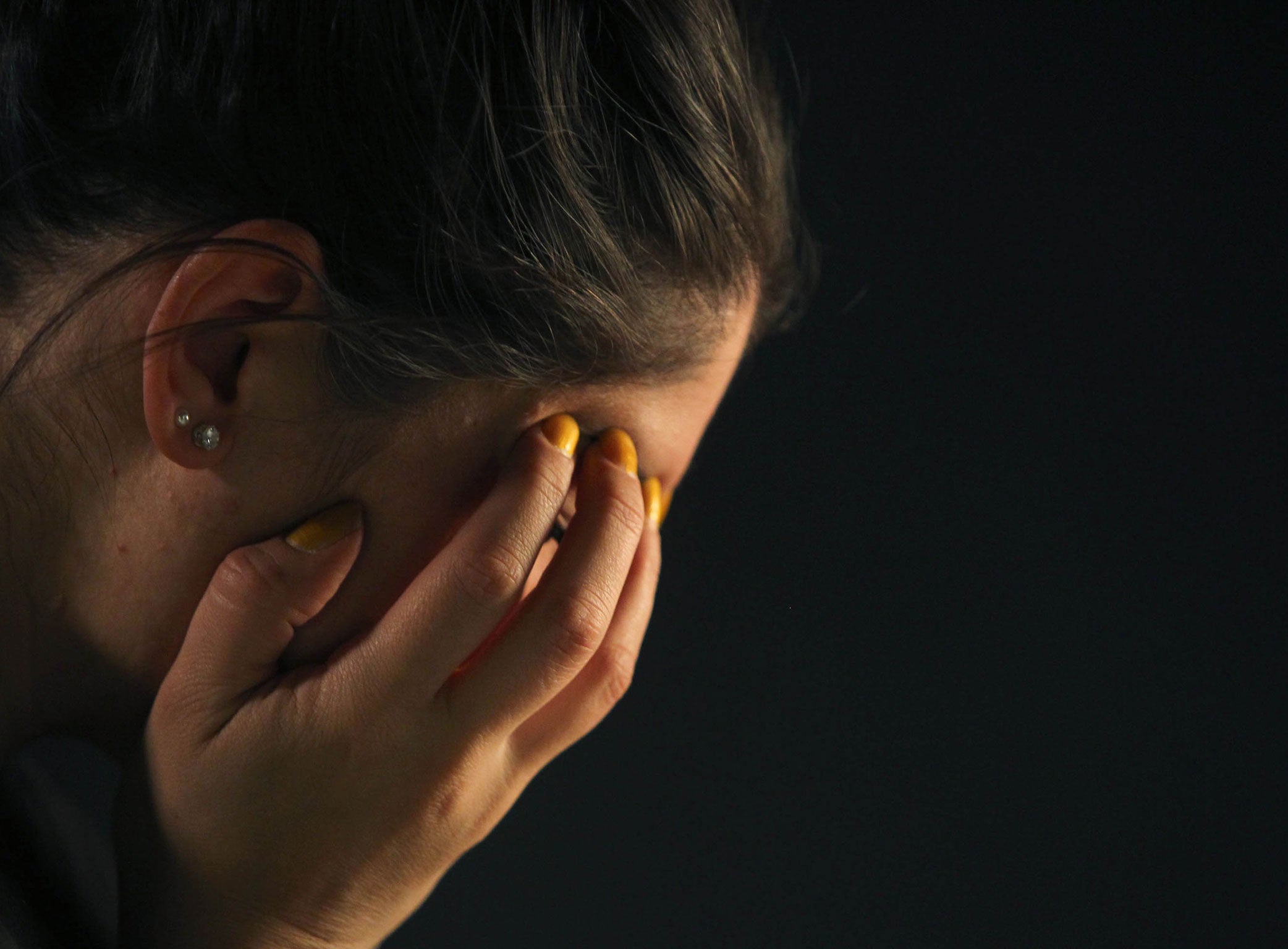Contraceptive pill 'can affect emotions by changing structure of brain'
Women affected by the pill report mood swings and symptoms of depression

Chemicals found in contraception pills could be changing the structure of women’s brains with some worrying results.
Neuroscientists have found that steroid hormones in birth control pills could affect the way the brain works due a thinner structure caused by synthetic estrogen and progestogen.
A study of 90 women – 44 of which were taking the pill – found that the group who used oral birth control had “significantly lower cortical thickness measurements” in two parts of the brain.
The areas affected were the lateral orbitofrontal cortex, which is involved in decision making, and the posterior cingulate cortex in the centre of the brain, which, among other roles, helps process emotions and retrieval of memories.
The findings come decades after many women have reported extreme mood swings, decreased attraction to their partner and also debilitating symptoms of depression and anxiety – which could be caused by effects on the lateral orbitofrontal cortex.
Emotional instability caused by the pill, as well as in conjunction with pre-existing issues and illnesses, is likely to be detrimental to relationship harmony and could be a contributing factor to conflict and break ups.
This is in addition to the physical conditions that the pill, which was made available from 1961, can contribute to such as high blood pressure and increased risks of breast, liver and cervical cancer – according to the NHS website.

The study’s lead author Nicole Petersen, of UCLA, told the Huffington Post that the emotional side effects some women had reported while taking the pill may be related to these changes in the brain structure, although it was not clear if the changes are permanent.
“It’s possible that this change in the lateral orbitofrontal cortex may be related to the emotional changes that some women experience when using birth control pills,” she said.
“We need to do more studies to find out what behaviours might be changed, but this study gives us some targets to start with, and I think the first place to look is at the effect of birth control pills on regulating emotions.”
Join our commenting forum
Join thought-provoking conversations, follow other Independent readers and see their replies
Comments